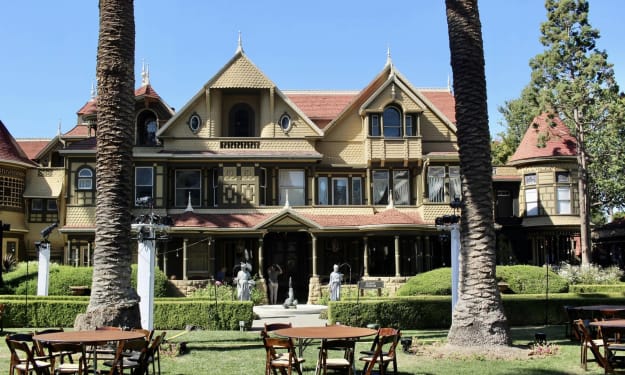Germany, France, and Poland Unite in Berlin to Address Ukraine Crisis
Several European leaders meet to discuss Ukraine.
In an effort to demonstrate a unified stance toward Ukraine, leaders from Germany, France, and Poland have convened in Berlin for an emergency meeting. The purpose of the meeting is to address the divergent policies of France and Germany when it comes to supporting Ukraine's defense. This gathering is seen as an opportunity to coordinate their efforts and present a cohesive front amidst increasing concerns regarding Russian aggression in the region.
Addressing Mixed Messages:
The recent remarks by French President Emmanuel Macron, indicating a willingness to potentially send troops to Ukraine, have fueled speculation about France's stance on the matter. In contrast, German Chancellor Olaf Schultz swiftly ruled out any military intervention, emphasizing Germany's commitment to peace. These conflicting messages have caused friction between the two countries and prompted the need for clearer communication and alignment.
Coordinating Messages:
The Berlin meeting provides an ideal platform for the leaders to smooth over differences and ensure a coordinated approach. With Europe facing a critical juncture, including the potential reinstatement of Donald Trump as the U.S. president, unity among European nations is paramount. Any destabilization caused by the U.S. administration would necessitate France and Germany taking on increased responsibility for European autonomy. Therefore, it is crucial that all parties present a united front regarding their support for Ukraine.
Addressing Military Aid:
One key topic of discussion in the meeting will be the provision of military aid to Ukraine. The need for additional ammunition remains a priority, although EU countries have acknowledged that they have fallen short of meeting their targets in this regard. Efforts are being made to establish ammunition production facilities that would contribute to supplying Ukraine in the coming years. However, these initiatives need to be supported by tangible commitments from member states.
Taurus Cruise Missiles Debate:
A contentious topic within Germany, the issue of providing Taurus cruise missiles to Ukraine will be on the agenda. Chancellor Schultz has faced significant pressure to approve the provision of these missiles; however, he has currently ruled it out. This decision has caused irritation among allies, including France and the United Kingdom. At the same time, Germany argues that it has already pledged substantial arms support to Ukraine and emphasizes the need for European manufacturing capabilities to strengthen its defense capabilities in the long run.
European Defense Industry:
Beyond the immediate debates surrounding assistance to Ukraine, there is a broader discussion about the development of Europe's defense industry. German defense officials suggest that it may take up to a decade for Europe to achieve a self-sufficient industrial base capable of defending the continent. This highlights the importance of long-term planning and investment to establish a robust defense manufacturing capability within Europe.
As the leaders of Germany, France, and Poland gather in Berlin, the focus of the meeting will be to reconcile the diverging policies that have emerged between France and Germany regarding the defense of Ukraine. French President Emmanuel Macron has taken a more hawkish stance, indicating a willingness to potentially send troops to Ukraine if necessary. However, German Chancellor Olaf Schultz has been quick to dismiss such ideas, emphasizing that Germany is not a war party. These mixed messages have caused friction between the two countries, leading to the need for coordination and a unified front.
The Berlin meeting signifies a significant effort to display unity and address differing policies concerning Ukraine. With tensions running high and the possibility of a re-elected Trump administration undermining NATO, European nations need to convey a united front to safeguard their autonomy. Furthermore, discussions on military aid provision and wider defense industry development will determine Europe's ability to defend itself in the future. The outcome of this meeting holds substantial importance for European security and the Ukraine crisis.






Comments
There are no comments for this story
Be the first to respond and start the conversation.